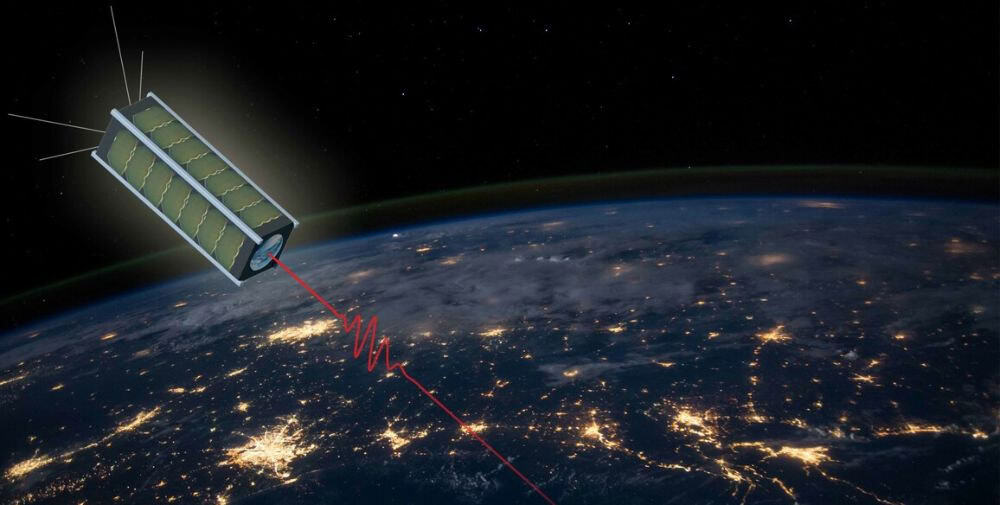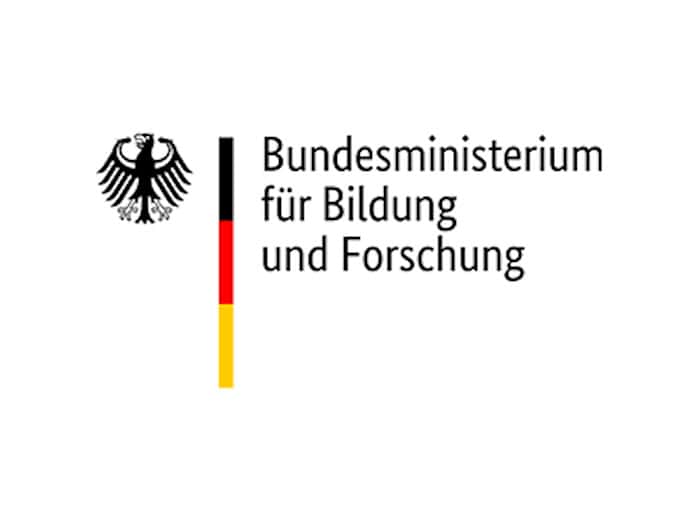August 29, 2024. It’s as small as a shoebox and weighs less than four kilograms: the QUBE satellite brings us one step closer to tap-proof communication from space. Its rocket has now been launched into orbit.
Categories
August 29, 2024. It’s as small as a shoebox and weighs less than four kilograms: the QUBE satellite brings us one step closer to tap-proof communication from space. Its rocket has now been launched into orbit.

Categories
Tags
Contact info
Silicon Saxony
Marketing, Kommunikation und Öffentlichkeitsarbeit
Manfred-von-Ardenne-Ring 20 F
Fax: +49 351 8925 889
Contact person:

Quantum states are used to generate secret keys that enable data to be sent and received in a tap-proof manner. At the moment, the range of a quantum channel is limited to around 100 kilometers due to transmission losses in fibre optic networks. In future, this should also be possible worldwide with the help of satellites. This is important for IT security: quantum technology is a key technology of the future with enormous potential for tap-proof communication, among other things.
With last night’s successful rocket launch, the first German mini-satellite for quantum communication has now reached space. It is equipped with modern technology for optical communication and the high-precision satellite alignment required for this. The fact that these technologies are now being tested in space is a great success for everyone involved, says Federal Research Minister Bettina Stark-Watzinger. “Quantum communication is a central component of our IT security research and represents an important technological building block for securing our communication networks in Germany and Europe.”
The joint project Quantum Key Distribution with Cube-Sat (QUBE), which is responsible for the development of the satellite, is funded by the Federal Ministry of Education and Research (BMBF). To develop the QUBE satellite, the consortium researched new technologies for generating quantum signals, combined these with powerful optical communication systems and integrated both into a miniature satellite – a so-called cube-sat.
On August 16, 2024, the satellite was launched on a Falcon 9 rocket. The task now is to put the QUBE satellite into operation from the control center of the Center for Telematics in Würzburg. The various modules will be extensively tested step by step before the first quantum signals can be received by the ground station of the German Aerospace Center in a few months’ time and evaluated by researchers at Ludwig Maximilian University in Munich and Friedrich Alexander University in Erlangen.
– – – – – –
Photo: Center for Telematics